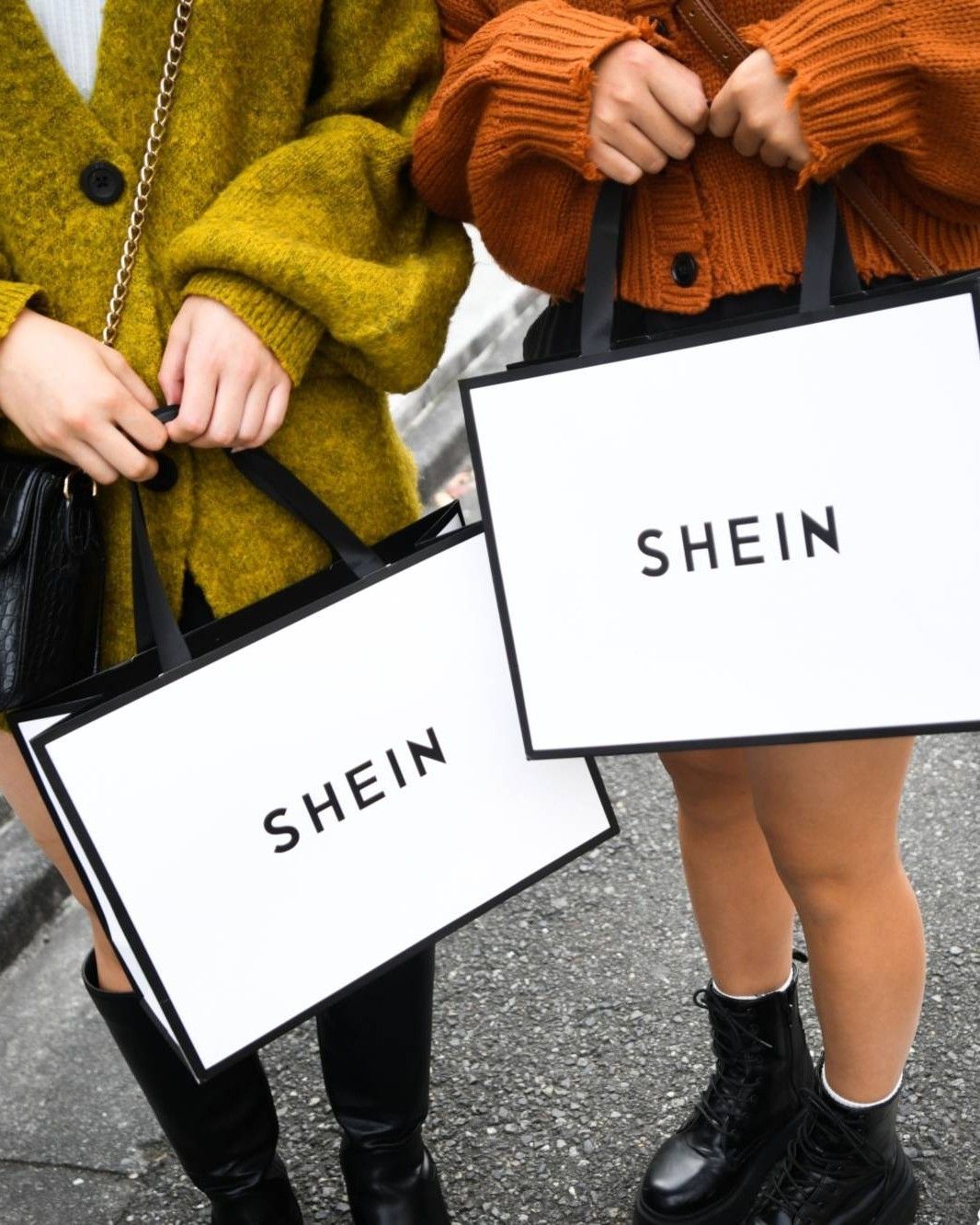
Does it really make sense to boycott fast fashion? Why online activism fails to translate into concrete actions
Over the last few weeks, a post by activist @dilettabellotti was reposted and shared a lot on Instagram, a post calling for a boycott of Zara and, together with it, of all fast fashion brands. The call to action came about on the occasion of the anniversary of the Rana Plaza tragedy, the collapse of a textile factory in Bangladesh that took place seven years ago in which 1,138 people lost their lives. The workers of the factory had already reported the difficult and often dangerous conditions in which they found themselves. The memory of the worst ever fatal accident in a textile factory also coincided with the news of the discovery of forced labour camps in northwest China among the factories supplying Zara.
Bellotti continues to express her position through five bullet points: everything that is not certified is not ethical; brands that have sustainable sub-labels are not ethical, it's called greenwashing; if you have doubts about what you buy, ask the fashion houses to be certified and to trace their production chain; there is no good reason to support companies that exploit people; inform and make the people close to you aware of these issues. An absolutely fair opinion, which, however, attempts to summarize a much more complex and difficult matter in simplistic and decisive assumptions. As often happens when dealing with these issues, we end up putting together and mixing different problems - in this case, ethics and sustainability - which, if presented in the right way, are able to create the usual Western indignation that is effective on social media but sterile in the reality.
It's no secret that in recent years sustainability has become the most discussed (and flaunted) topic of the fashion industry, a sort of undeniable chimaera in the narrative of every brand, which however can prove to be a double-edged sword: a perfect tool for a rebranding aimed at new generations, that on the other hand must translate into concrete actions and structural changes, otherwise, it could turn into an accusation of greenwashing. Despite high-sounding stances, both by brands and consumers, the data does not lie: as nss magazine also reported in October, the pandemic didn't destroy fast fashion, quite the opposite.
So how do you bridge the often unbridgeable gap between the great intentions professed online and what we actually buy? (if that's even possible). It's impossible to ignore the fact that what we read online, especially in these pages of political and social activism, has become a bubble that is increasingly distant from reality, and distant from the majority of the population. A problem that also affects other types of activism, such as the new Italian feminism, which not long ago had to face a television reality far from its own digital purposes. But as often happens, getting out of the bubble is almost impossible and falling into mere satisfaction with the righteousness of one's actions is inevitable, thus failing in the attempt to speak to a wider and more varied audience, failing to look beyond one's nose.
Outside that bubble - that is the same one shared also by us, the industry media -, there are also people who don't even know what sustainability is, or that simply don't care. Not only for economic reasons, the pure and simple possibility of being able to buy only what is fast and therefore cheap but also for aesthetic reasons, of taste and quantity. The dream of a minimalist wardrobe consisting of only 33 garments - a challenge that runs a lot on Instagram - can't be imposed as an absolute rule, with what right can one say to a person that they can't own 10 t-shirts or buy 15 skirts every month? Doesn't their purchase give other people a job anyway?
It becomes very difficult to seek a concrete solution to a problem, or at least to take individual actions to stem it, if the narrative of the matter is not univocal and above all simple: it makes no sense to invoke huge issues such as the exploitation of workers, along with capitalism and the requests for sustainability. The result will always be a confusing picture, difficult to understand even for those who want to approach these issues. Has this pandemic year really taught us how to make more ethical and sustainable purchases? Maybe we've just learned how to become online activists by continuing with our shopping habits away from Instagram.

















































